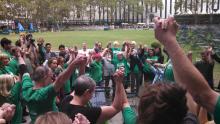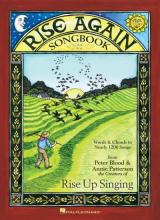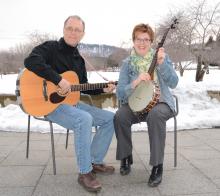Artist & Tune
Version by Mimi Fariña, Joan Baez
Version by Utah Phillips
Version by Si Kahn
Version by Pride (film)
Version by Judy Collins
Version by Brooklyn Women's Chorus
Version by John Denver
Version by DC Labor Chorus
Reference
About the Song
The original slogan came from a speech by women's suffrage activist Helen Todd. It inspired a poem by James Oppenheim, first published in 1911 in The American Magazine. It became associated in popular culture (if not historical accuracy) with the famous successful women's textile workers strike in Lawrence Massachusetts in 1912. See the attached article below by Tom Juravich from the journal Labor: Studies in Working-Class History on the history of this song. You can watch an excellent video on the history of the Lawrence Textile Strike put together by Minnesota LaborEd.
The original musical setting is by Caroline Kohlsaat in 1917. The song gained new popularity after being published in Sing Out! Magazine in 1954. Mimi Farina, sister of Joan Baez and husband of the singer songwriter Richard Farina, composed a new musical setting in 1974. Her setting was recorded by many other well-known folk artists.
A stirring version appears in the 2014 film "Pride" which documents gay and lesbian support for the 1984 UK strike by the National Union of Mineworkers. https://youtu.be/Jv4XKNUAzCM





